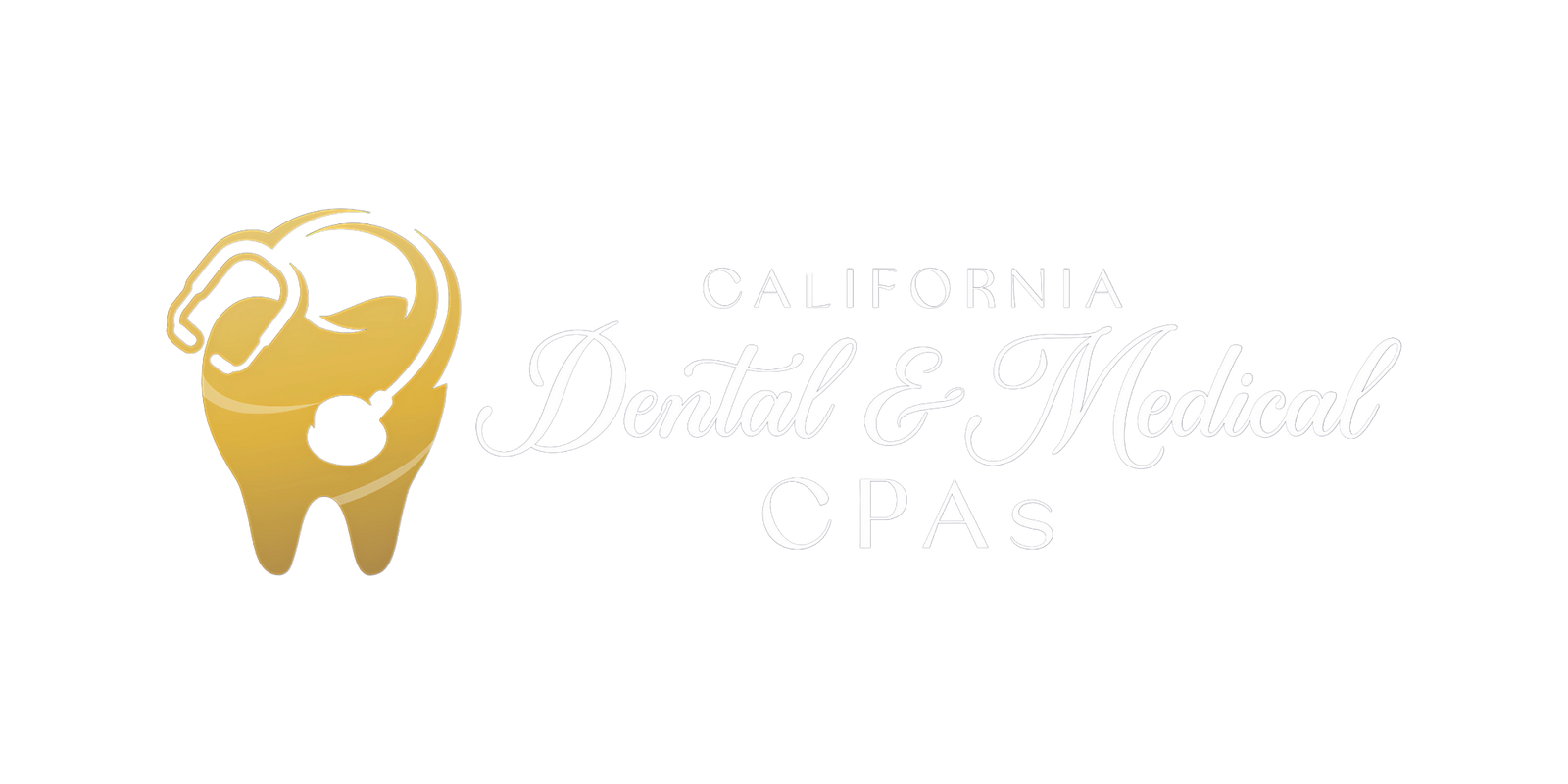Managing finances in a medical office can be tricky. Medical professionals often juggle patient care and business operations, leaving little time for accounting. That’s where a specialized medical accountant comes in. They understand the unique financial landscape of healthcare and can help practices save money, streamline operations, and navigate tax regulations effectively. Here are some essential tips for medical offices looking to improve their financial management and tax planning.
Key Takeaways
- Hiring a medical accountant can simplify your bookkeeping and financial management.
- Medical accountants understand the specific financial needs of healthcare providers.
- Tax planning strategies can lead to significant savings for medical practices.
- Regular financial reviews help identify cost-saving opportunities.
- Staying informed about tax compliance can prevent costly penalties.
Why Medical Offices Need a Specialized Medical Accountant

Running a medical office involves more than just patient care; it’s also about managing a complex financial ecosystem. That’s where a specialized medical accountant becomes invaluable. They bring industry-specific knowledge to the table, helping you navigate the unique financial challenges of healthcare.
Understanding the Unique Financial Needs of Healthcare
Healthcare finance is unlike any other industry. From dealing with insurance reimbursements to understanding complex billing codes, the financial landscape is intricate. A general accountant might miss crucial details, but a medical accountant is well-versed in these nuances. They understand the revenue cycle, the impact of coding changes, and the importance of accurate financial reporting in a healthcare setting. For example, they can help you optimize your revenue by ensuring proper coding and billing practices, reducing claim denials and maximizing reimbursements. This expertise allows you to focus on patient care while they handle the financial complexities.
General CPA vs. Medical Accountant: What’s the Difference?
While a general Certified Public Accountant (CPA) can handle basic accounting tasks, a medical accountant offers specialized knowledge tailored to the healthcare industry. The key difference lies in their understanding of healthcare-specific regulations, billing practices, and tax laws. A general CPA might not be familiar with the intricacies of Medicare, Medicaid, or HIPAA compliance, whereas a medical accountant has in-depth knowledge of these areas. This specialized knowledge can save you time, money, and potential compliance headaches. For instance, a medical accountant can help you maximize your returns by identifying deductions specific to medical practices, such as those related to medical equipment or continuing education for staff.
Hiring a general CPA for your medical office might seem cost-effective initially, but the lack of specialized knowledge can lead to costly errors and missed opportunities. A medical accountant’s expertise in healthcare finance ensures accurate financial management and compliance, ultimately benefiting your practice in the long run.
Medical Accountant for Small Medical Offices: Key Benefits

Streamlining Bookkeeping for Solo Practices
For solo medical practitioners, time is a precious commodity. A medical accountant for small medical offices can take bookkeeping off your plate, freeing you to focus on patient care. Many doctors try to handle their books on their own using QuickBooks or another DIYaccounting software solution. This ensures accurate tracking of income and expenses, which is vital for tax preparation and financial planning.
Personalized Support for Growing Offices
As your medical office grows, so do its financial complexities. A medical accountant provides personalized support tailored to your specific needs. This includes managing payroll, tracking inventory, and developing financial forecasts.
With a clear understanding of your goals, you can choose a firm that has experience working with medical practices. This ensures that the accountant understands the unique challenges you face and can provide tailored advice and solutions.
Here’s how a medical accountant can help:
- Creating budgets that align with the practice’s goals.
- Managing healthcare regulatory changes.
- Establishing reserve funds and insurance coverage.
Tax Planning Strategies by a Medical Accountant

Timing Income and Expenses for Tax Savings
Effective tax planning strategies by a medical accountant involve carefully managing the timing of income and expenses. Accelerating deductions and deferring income can significantly reduce your current tax liability. For example, consider prepaying certain expenses before year-end or delaying invoicing to push income into the next tax year. This approach requires a solid understanding of your practice’s cash flow and projected earnings.
Leveraging Healthcare-Specific Deductions
Medical practices have access to unique deductions that can substantially lower their tax burden. A medical accountant can help you identify and claim these deductions, such as those related to accounting services, medical supplies, professional development, and employee benefits.
Here are some common healthcare-specific deductions:
- Medical Supplies: Deduct the cost of consumable medical supplies used in your practice.
- Professional Liability Insurance: Premiums paid for malpractice insurance are fully deductible.
- Continuing Education: Expenses related to maintaining and improving your professional skills are deductible.
It’s important to keep detailed records of all expenses and consult with a medical accountant to ensure you’re maximizing your deductions while remaining compliant with tax laws.
Tax planning strategies by a medical accountant
How a Medical Accountant Helps Medical Practices Save Money
Identifying Hidden Cost-Saving Opportunities
How a medical accountant helps medical practices save money by spotting areas where expenses can be reduced without affecting patient care. It’s about finding those hidden leaks in your budget. For example, a medical accountant might notice that your practice is overpaying for medical supplies compared to similar practices. They can then help you negotiate better rates with suppliers or find alternative vendors. Another area could be in your insurance billing processes; inefficiencies there can lead to lost revenue. A keen eye can make a big difference.
Reducing Tax Liabilities with Proactive Planning
Tax planning isn’t just about filing your taxes once a year; it’s a year-round process. A medical accountant can help you minimize your tax liabilities through proactive strategies. This includes DIY accounting software solution like timing income and expenses to your advantage, maximizing deductions, and taking advantage of healthcare-specific tax credits. The goal is to legally reduce the amount of taxes you owe, freeing up more capital for your practice. For instance, understanding and properly claiming deductions for business expenses, depreciation, and retirement plans can significantly lower your tax burden. Regular reviews and adjustments to your tax strategy ensure you’re always in the best possible position. It’s about making informed decisions that positively impact your bottom line. You can find more information on Google News’ Home page.
Proactive tax planning involves more than just finding deductions; it’s about structuring your financial activities to minimize your overall tax liability while staying compliant with all applicable laws and regulations. This requires a deep understanding of the tax code and how it applies to the specific circumstances of your medical practice.
Here’s a simple example of how proactive tax planning can save money:
| Scenario | Without Planning | With Planning | Savings |
|---|---|---|---|
| Taxable Income | $200,000 | $180,000 | $20,000 |
| Tax Rate | 25% | 25% | |
| Taxes Owed | $50,000 | $45,000 | $5,000 |
| Effective CPA: Cost Per Acquisition | N/A | N/A |
Best Accountant for Medical Offices Tax Deductions
Navigating the world of tax deductions can be tricky, especially for medical offices. A Dental CPA who understands the nuances of healthcare finances is invaluable. Let’s explore how to make the most of available deductions.
Top Deductions Medical Offices Often Miss
Medical offices frequently overlook several key deductions. These oversights can lead to paying more in taxes than necessary. Here are a few examples:
- Continuing Education: Costs associated with medical staff attending seminars or courses to maintain or improve their professional skills are deductible.
- Startup Costs: Expenses incurred before opening your practice, such as market research and advertising, can be deducted or amortized.
- Home Office Deduction: If you use a portion of your home exclusively and regularly for business, you may be able to deduct expenses related to that space.
It’s important to keep detailed records of all expenses to support your deductions. A medical accountant can help you identify and document these often-missed opportunities.
How a Medical Accountant Maximizes Your Returns
A medical accountant does more than just prepare your taxes; they actively seek ways to reduce your tax liability. They understand the specific deductions and credits available to medical practices, ensuring you claim everything you’re entitled to. For example, they can help you with business expenses and strategic tax planning. Here’s how they maximize your returns:
- Thorough Review: They conduct a comprehensive review of your financial records to identify all eligible deductions.
- Industry Knowledge: They possess in-depth knowledge of healthcare-specific tax laws and regulations.
- Proactive Planning: They develop proactive tax strategies to minimize your tax burden year-round.
By partnering with a best accountant for medical offices tax deductions, you can optimize your tax strategy and keep more of your hard-earned money.
Medical Accountant Tips for Healthcare Tax Compliance

Staying Ahead of Regulatory Changes
Keeping up with the ever-changing healthcare regulations is a must for any medical practice. A skilled medical accountant can help you stay informed about changes to reimbursement rates, billing procedures, and compliance standards. This proactive approach ensures your practice adjusts its financial strategies accordingly, maintaining compliance and financial health. For example, understanding updates to financial statements can significantly impact how your practice reports income and expenses.
Avoiding Costly Penalties with Expert Guidance
Non-compliance with healthcare regulations, such as HIPAA and MACRA, can lead to significant penalties and legal issues. A medical accountant with compliance expertise can help you navigate these complex rules, ensuring your financial processes and data management align with all requirements. This protects patient privacy and the integrity of your practice. Consider how a medical accountant’s familiarity with healthcare software can streamline your operations and reduce the risk of errors.
A medical accountant can help your practice avoid penalties by ensuring accurate and timely filing of all tax documents, staying updated on regulatory changes, and implementing best practices for financial management.
Here are some ways a medical accountant can help you avoid penalties:
- Ensuring accurate and timely filing of all tax documents.
- Staying updated on regulatory changes.
- Implementing best practices for financial management.
- Providing guidance on proper documentation and record-keeping.
Medical accountant tips for healthcare tax compliance include understanding the nuances of medical billing and coding, which is crucial for accurate claims submission and avoiding audits.
If you’re in the healthcare field, keeping up with tax rules can be tricky. Here are some helpful tips to make sure you stay compliant and avoid any issues. For more detailed advice and resources, visit our website today! We’re here to help you navigate your accounting needs with ease.
Wrapping It Up
In conclusion, managing the financial side of a medical practice can be tough. But with the right strategies and support, it doesn’t have to be overwhelming. Hiring a knowledgeable CPA can save you time and help you avoid costly mistakes. Regularly reviewing your financial statements keeps you informed about your practice’s health. And don’t forget to plan for taxes ahead of time—it’s a lot easier than scrambling at the last minute. By taking these steps, you can focus more on what really matters: providing excellent care to your patients.
Frequently Asked Questions
Why should a medical office hire a specialized accountant?
A specialized accountant understands the unique financial needs of healthcare practices, helping to manage complex billing and insurance processes.
What is the difference between a general CPA and a medical accountant?
A general CPA handles various industries, while a medical accountant focuses specifically on the financial needs of medical and dental practices.
How can a medical accountant benefit a small medical office?
They can streamline bookkeeping, provide personalized support, and help with financial planning tailored to the office’s growth.
What tax planning strategies do medical accountants use?
Medical accountants often time income and expenses to maximize tax savings and leverage healthcare-specific deductions.
How can a medical accountant help save money for a practice?
They identify hidden cost-saving opportunities and reduce tax liabilities through proactive planning.
What are some common tax deductions that medical offices often miss?
Medical offices frequently overlook deductions for equipment, office supplies, and certain employee benefits.
How do medical accountants help with tax compliance?
They stay updated on regulatory changes and provide expert guidance to avoid costly penalties.
What should I look for when choosing a medical accountant?
Look for experience with healthcare practices, a good understanding of your needs, and a commitment to communication.






